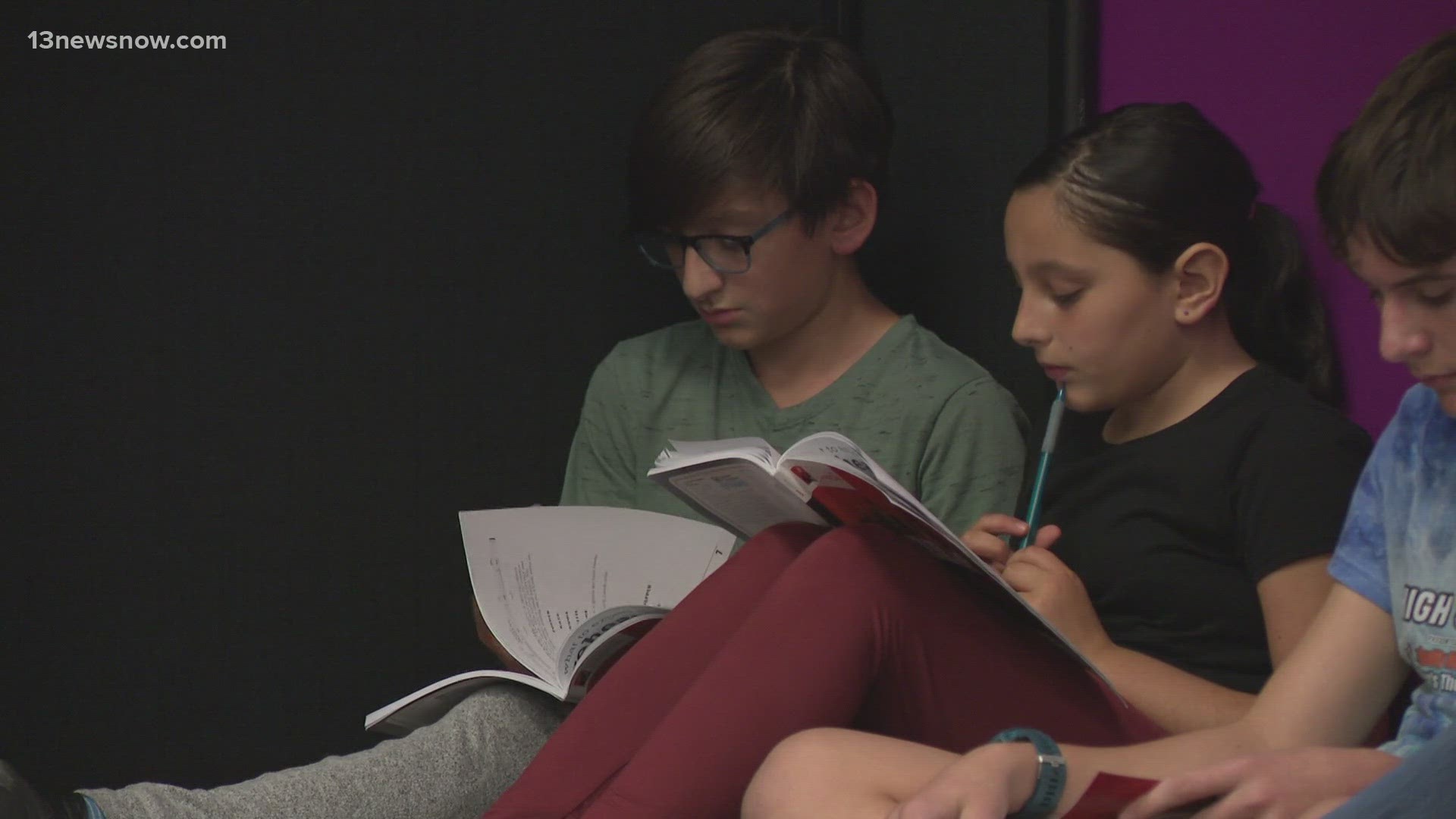NORFOLK, Va. — After Hamas militants attacked Israel over the weekend, the war's coverage has been nonstop. Now, parents are left to explain the conflict to their children.
Most Thursday evenings, Sarah, a mother of four who did not want her last name published, takes her kids to theater practice. She said it's a break for her as the war in Israel carries on.
Sarah said she is careful about how she discusses the war with her kids, who range from ages four to 13. She said she tries her best to keep everything normal.
Since it began, her kids have asked a bit about it.
"Jewish children learn a lot about horrors. They learn about the Holocaust very young. We don't hide certain things from them like that, but this is happening right now. It's too close," Sarah said.
She doesn't allow her kids on social media, but if they ask her about the war, she allows them to lead the conversations.
Clinical psychologist Dr. Adolf Brown said that's the right thing for parents to do.
"We want to meet children where they are and find out exactly how they're dealing with what they know and if what they know is factual," Dr. Brown said.
Dr. Brown encouraged parents to monitor their kids' social media, and teach them not to generalize groups of people.
"We want to make sure that our children understand the difference between individuals and terrorist groups and government actions," Dr. Brown said.
As Sarah learns how to continue protecting her children from the war, she said her number one priority is to remind her kids that they matter.
"My goal for them is to give them pride in who they are so that they feel strong about who they are and where they come from and that they matter and they're presence matters," Sarah said.
Not every child will start the conversation, though. Dr. Brown said if children become clingy or afraid, show signs of anxiety or become withdrawn, it may be time to initiate the discussion with your child about the conflict.
He also reminded parents to also prioritize their own self-care during this time.

